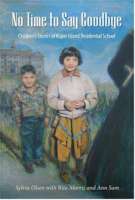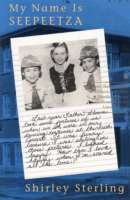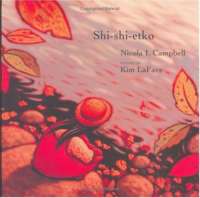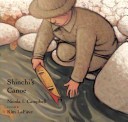
For most North Americans, the practice of sending First Nations children to aboriginal boarding schools is a chapter in history that seems best forgotten. But the generations of children who were rounded up and sent to those faraway schools won’t ever forget the day-to-day reality of that “chapter.” Often taken without warning or time to say goodbye to their families, children as young as five had their hair cropped short and their clothes taken away. Then they were deloused, dressed in uniforms and forbidden to speak their native language or practise their traditional arts, religion or dances. No Time to Say Goodbye is a fictional account of five children sent to aboriginal boarding school, based on the recollections of a number of Tsartlip First Nations people. These unforgettable children are taken by government agents from Tsartlip Day School to live at Kuper Island Residential School. The five are isolated on the small island and life becomes regimented by the strict school routine. They experience the pain of homesickness and confusion while trying to adjust to a world completely different from their own. Their lives are no longer organized by fishing, hunting and family, but by bells, line-ups and chores. In spite of the harsh realities of the residential school, the children find adventure in escape, challenge in competition, and camaraderie with their fellow students. Sometimes sad, sometimes funny, always engrossing, No Time to Say Goodbye is a story that readers of all ages won’t soon forget.





